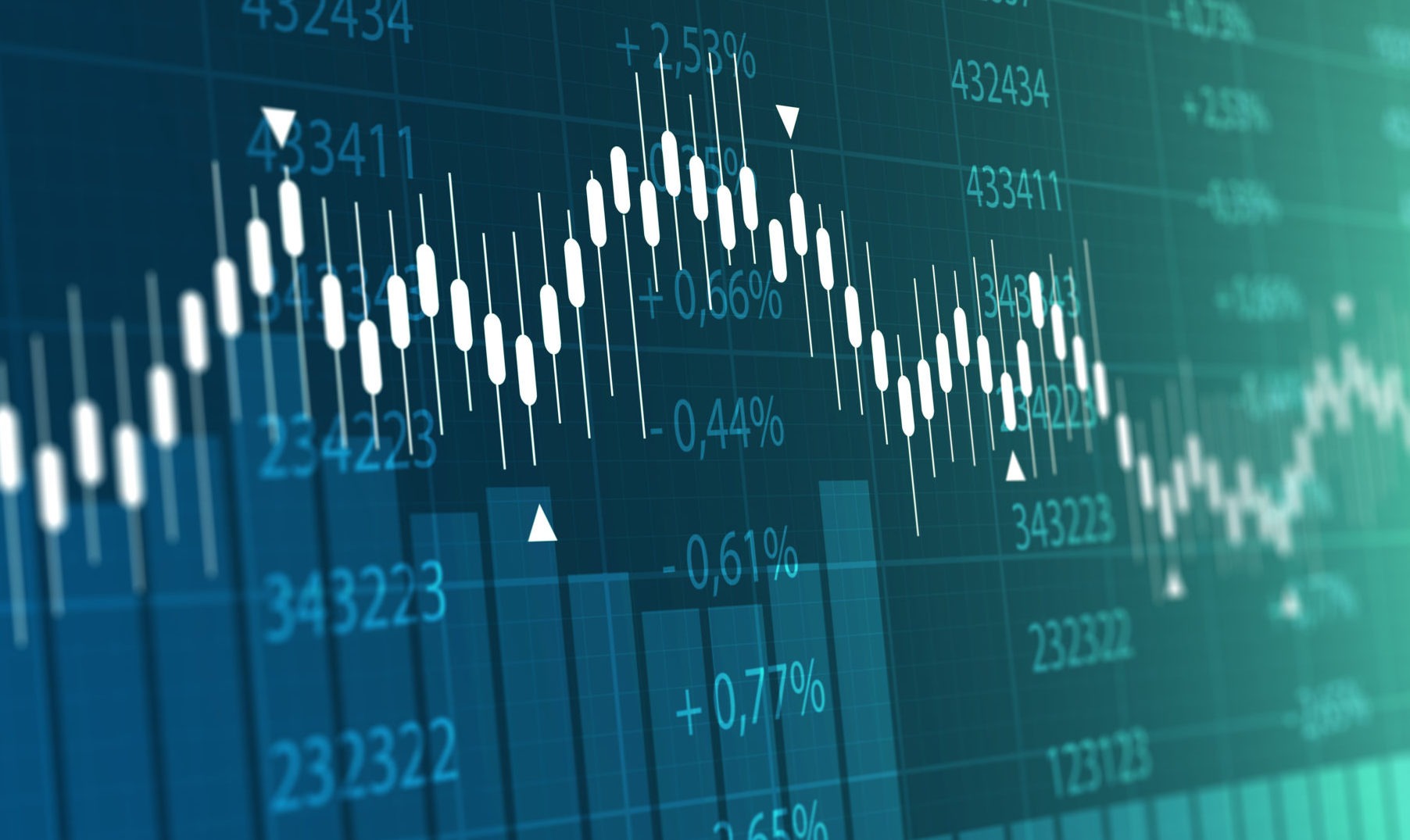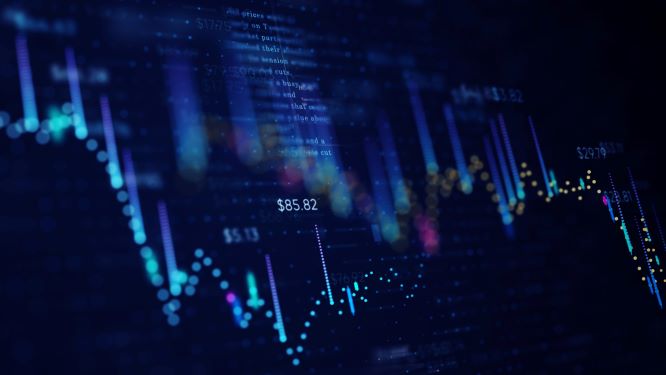Auctions and optimal outcome

This week, the 2020 Nobel prize for economics was awarded to two US game theory specialists. Paul R Milgrom and Robert B Wilson won for the designs of mathematical models that promote “improvements to auction theory and inventions of new auction formats”. Their message, that auction sellers have a vested interest in providing market participants with as much information as possible, resonates strongly with us. Optiver has always believed that price transparency and investor education are important pillars of stable, efficient and sustainable markets.
Auctions are common in financial markets. In contrast to continuous trading, where bids and offers can match instantly, an auction can only result in a trade after it is ended by the auction master (e.g. the exchange). This difference allows more time for supply and demand to find a new equilibrium. It is the main reason why auctions are a common model in worldwide stock exchanges at both openings and closings of continuous trading sessions. Auctions are also used to find key prices like daily closing and settlement values.
The closing auction is a popular mechanism for passive trading and the rise of indexing has contributed to a continual rise in closing auction trading. Some exchanges also use auctions to stabilise trading to allow timer for bids and offers to find a new equilibrium after a spike in volatility. In this way auctions contribute to price transparency and market stability in scenarios when these are needed most.
Auctions are not only used by regular stock exchanges, but also for instance where continuous trading does not produce the highest market efficiency. One example is the issuance of new shares (IPO) or bonds, where large supply needs to be absorbed by demand while limiting price impact. Another example is the use of mid-point auctions in order to find matching demand and supply in financial instruments that do not trade frequently. This model is designed to minimise information leakage and therefore meant to offer some level of protection to market participants.
Financial securities, whether it is stocks, bonds, commodities or derivatives, are highly standardised and therefore have considerable common value, meaning that a large part of the value is common to all bidders. Financial securities are rarely offered as a single object. Consequently, financial market auctions are not one-way but can be used to match multiple buyers and sellers. This two-way mechanism mitigates what is referred to as an auction’s winner’s curse, where the winner of an auction has overestimated the value leading to a loss.
Auctions are an important part of market structure and we are open to ongoing dialogue and innovation in this space. We do wish to highlight that whenever auctions are used as a matching model these should be truly price forming and competitive, and not designed to circumvent an equal and transparent trading model that exists in parallel. Anti-competitive matching models reduce the willingness to provide the best price in public markets. Additionally, to support fair and transparent trading, market participants should be provided with as much information as possible during auctions and we support the enabling of this as far as possible. We are pleased to see recognition of Paul R Milgrom and Robert B Wilson’s work on improvements in auction theory and the possibility of new auction formats.
DISCLAIMER: Optiver V.O.F. or “Optiver” is a market maker licensed by the Dutch authority for the financial markets to conduct the investment activity of dealing on own account. This communication and all information contained herein does not constitute investment advice, investment research, financial analysis, or constitute any activity other than dealing on own account.



